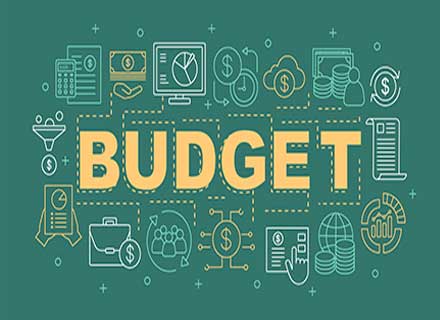Budgeting is a crucial aspect of financial management, yet many individuals fall prey to common mistakes that can hinder their financial stability. Here are six prevalent budgeting errors and insights on how to avoid them.
Neglecting Emergency Fund Allocation
One of the most common mistakes is overlooking the importance of an emergency fund. People often prioritise regular expenses and savings goals but forget to set aside funds for unexpected situations. Without an emergency fund, unexpected expenses like medical bills or car repairs can disrupt the entire budget. To overcome this, allocate a portion of your income specifically to the emergency fund. Aim for at least three to six months’ worth of living expenses to provide a financial safety net.
Underestimating Variable Expenses
Individuals often underestimate or overlook variable expenses, such as entertainment, dining out, or impulse purchases. These costs can add up quickly and lead to overspending. To address this, track your variable expenses meticulously. Use budgeting apps or spreadsheets to monitor where your money is going. Establish realistic limits for discretionary spending and stick to them to maintain financial discipline.
Ignoring Debt Repayment
Many people neglect to prioritise debt repayment in their budgets. Whether it’s credit card debt, student loans, or other obligations, allowing debt to accumulate can result in long-term financial strain. Incorporate a dedicated debt repayment plan into your budget. Allocate a portion of your income to systematically pay off outstanding debts. Consider focusing on high-interest debts first to minimise interest payments over time.
Failure To Adjust Budget Periodically
Life is dynamic, and financial circumstances change. Failing to adjust your budget to reflect these changes can lead to inefficiencies and missed opportunities. Regularly review and update your budget to accommodate life changes, such as salary increases, new expenses, or changes in financial goals. This ensures that your budget remains aligned with your current financial situation and objectives.
Overlooking Small Regular Expenses
Small, recurring expenses, such as subscription services or daily coffee runs, often go unnoticed but can accumulate significantly over time. Ignoring these costs can undermine your budgeting efforts. Identify and evaluate all recurring expenses, no matter how small. Cut down on unnecessary subscriptions or find more cost-effective alternatives. Redirect the saved funds toward savings or debt repayment to enhance your financial health.
Setting Unrealistic Goals
Unrealistic financial goals can set you up for disappointment and frustration. Whether it’s saving too much too quickly or aiming for an impractical reduction in spending, setting unattainable goals can lead to budgeting burnout. Establish realistic and achievable financial goals. Break larger objectives into smaller, manageable milestones. Celebrate small victories along the way, creating a positive reinforcement loop that keeps you motivated to stick to your budget.

